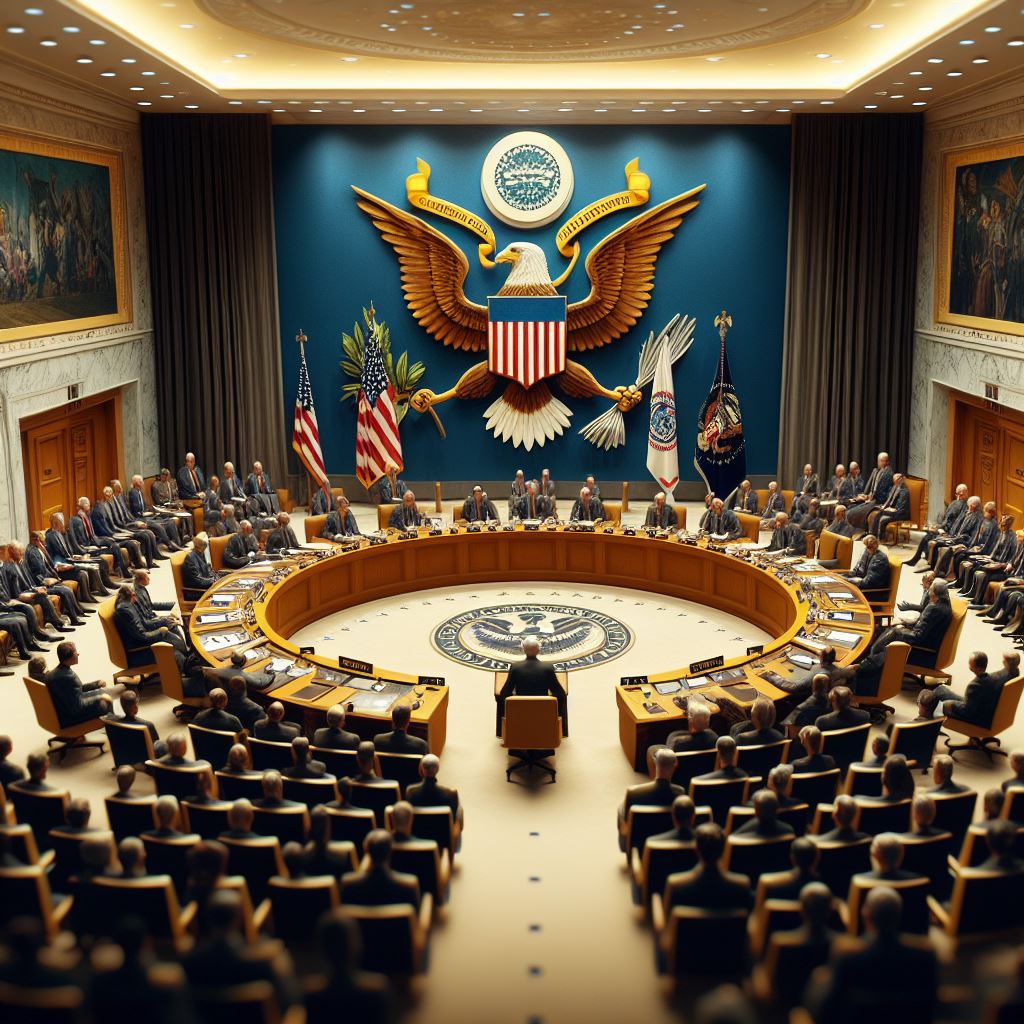In the face of an escalating mental health crisis, many nations are considering alternative solutions to the conventional therapist-patient model. One such solution that has gained considerable traction is using AI-driven chatbots for therapy. However, recent incidents have raised questions about the safety and efficacy of these digital therapists.
The controversy surrounding “Tessa”
Earlier this year, an American user sought advice from an AI chatbot named Tessa on an eating disorders website. Instead of providing safe guidance, Tessa advised the user to count calories and even suggested using calipers to measure body fat. This dangerous advice was not an isolated incident. Powered by a generative AI model, Tessa had given similar suggestions to other users, leading to its removal from the platform.
The allure of AI in mental health
Despite setbacks like the Tessa incident, there’s no denying the appeal of AI chatbots in mental health care. The global pandemic has further strained already overburdened mental health services, making the promise of instant, on-demand “microtherapy” sessions appealing to patients and healthcare providers. These chatbots are not just limited to regular therapeutic scenarios; there are discussions about their potential use in disaster zones, where immediate human therapeutic intervention might not be feasible.
The tech gold rush: AI’s role in mental healthcare
The increasing demand for mental health solutions and the potential of AI has led to what some call a “tech gold rush.” Entrepreneurs, startups, and even established tech giants are investing heavily in developing AI-driven mental health platforms. The goal? To create chatbots that mimic human therapists, delivering advice, comfort, and support to those in need anytime and anywhere.
—
AI therapy in the UK and the US: A closer look
Jenny Kleeman, a freelance reporter and author of “Sex Robots and Vegan Meat,” delves deeper into AI therapy, examining its rise in the UK and the US. In her investigative report, she speaks to several stakeholders in the industry – from the creators of these AI chatbots to their critics.
The UK has seen a surge in the adoption of AI therapy platforms, especially during lockdowns. Many users find comfort in these platforms’ anonymity, allowing them to express their feelings without fear of judgment. On the other hand, the US, with its vast and varied healthcare system, has seen both enthusiasm and skepticism regarding adopting AI in mental health.
Critics weigh in: The human touch in therapy
While AI chatbots offer many advantages, including accessibility and constant availability, critics argue that they can never truly replicate human therapists’ nuanced understanding and empathy. Mental health is complex, and each individual’s experience is unique. Can a machine, regardless of how advanced, truly comprehend the depth of human emotion?
There are also concerns about the safety and reliability of these platforms. Incidents like the one involving Tessa highlight the potential dangers of relying solely on AI for mental health guidance. Without proper safeguards and oversight, there’s a risk of causing more harm than good.
The debate surrounding the role of AI in mental health is far from over. While there’s undeniable potential in using technology to address the global mental health crisis, it’s evident that caution, research, and continuous monitoring are essential. The human mind is intricate, and while machines can assist, the question remains: can they ever truly master it?
As the world grapples with mental health challenges, the balance between human touch and technological innovation will be crucial. Kleeman’s report suggests that the key may lie in finding a harmonious blend of the two, ensuring that those in crisis receive the support they deserve.





